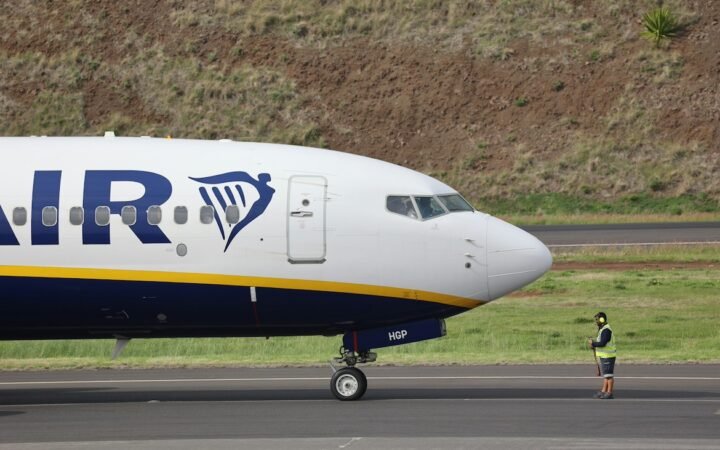
The European Union has confirmed plans to raise the entry fee for the European Travel Information and Authorisation System (ETIAS) from €7 to €20 by 2026. This fee hike will apply to travelers from more than 60 visa-exempt countries, including the United States, the United Kingdom, Canada, Australia, and Japan.
Why the Increase?
The ETIAS system – originally expected to launch in mid-2025 – is designed to enhance border security and streamline travel procedures for short-term visitors to the Schengen Area. The increase in the fee is intended to support the operational maintenance of the system, fund cybersecurity improvements, and ensure effective data processing for millions of applicants.
The initial €7 fee was set when ETIAS was proposed in 2016. According to EU officials, rising costs and inflation since then have made an increase necessary to cover ongoing technological and administrative demands. With the system now handling significantly more data and requiring stronger infrastructure, the adjustment is seen as a long-term investment in European border control.
Who Will Be Affected?
The new €20 fee will affect adult travelers between the ages of 18 and 70. The ETIAS authorization is valid for three years or until the traveler’s passport expires – whichever comes first – and allows multiple entries into participating EU countries for up to 90 days in any 180-day period.
Children under 18 and seniors over 70 will continue to be exempt from the fee. The application process remains fully online, with most approvals issued within minutes.
What Travelers Should Know
While the fee increase may come as a surprise to some, European authorities emphasize that ETIAS is not a visa, but a security clearance similar to the U.S. ESTA system. It allows the EU to pre-screen travelers before arrival, helping to prevent illegal immigration, terrorism, and public health risks.
Travelers planning European trips in 2026 or beyond should budget for the updated fee. Although €20 may seem modest, for families or frequent travelers, the change could represent a noticeable additional cost.
For now, the ETIAS system is still expected to go live in 2025, with the fee increase likely to be implemented the following year, pending final approval from EU institutions.




